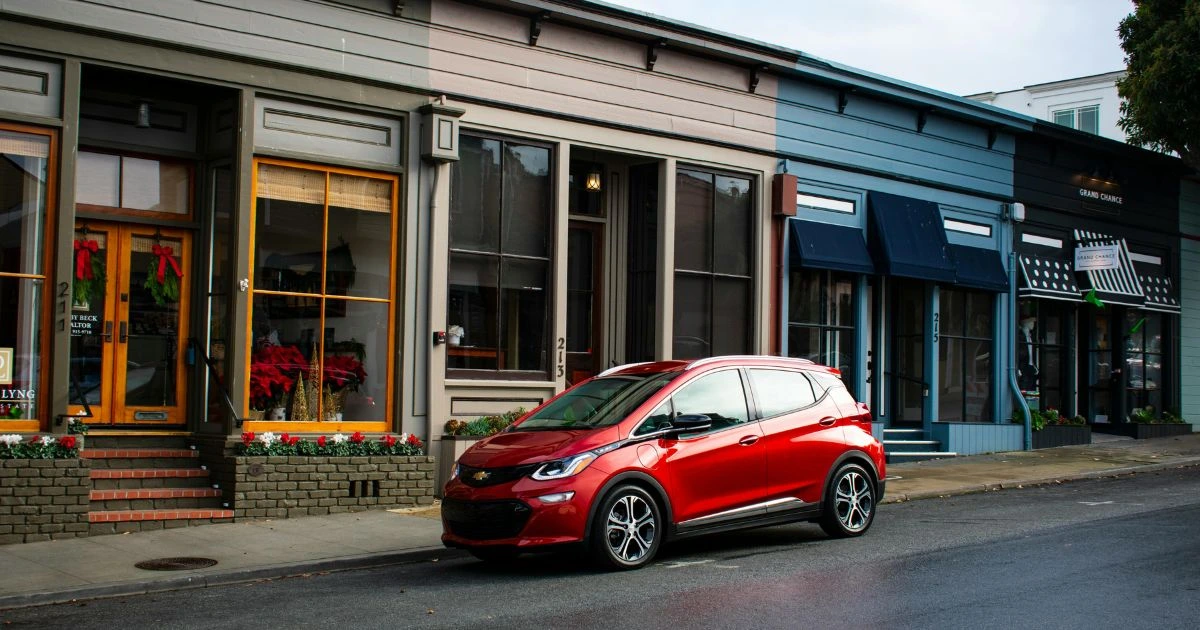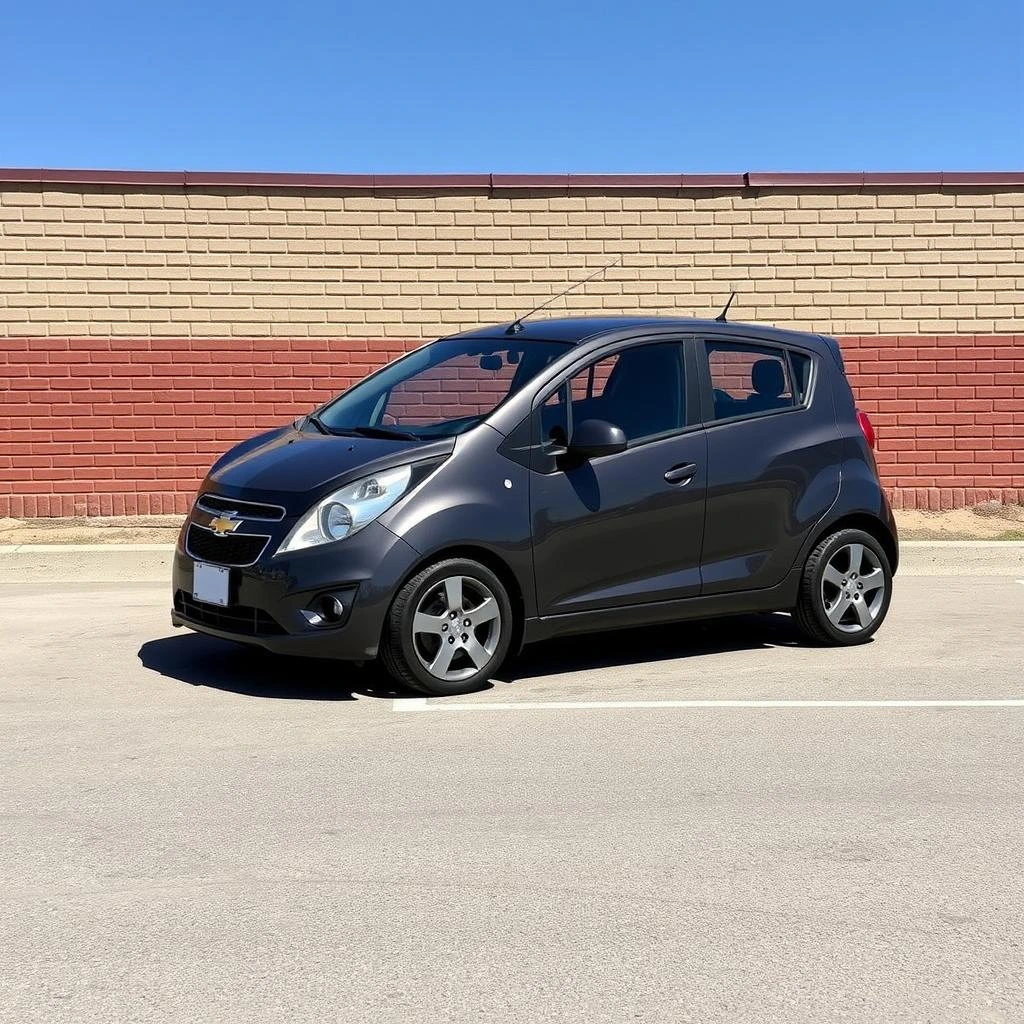Physical Address
304 North Cardinal St.
Dorchester Center, MA 02124
Physical Address
304 North Cardinal St.
Dorchester Center, MA 02124

Your Chevy small car is more than just a way to get from point A to point B—it’s your partner on the road. So when it starts acting up, it’s frustrating and sometimes a little nerve-wracking. Whether it’s an engine that won’t start, squeaky brakes, or that ominous dashboard warning light, you might be wondering if it’s time for an expensive trip to the mechanic.
The good news? You don’t always need professional help to handle these issues. This guide is here to walk you through the most common problems Chevy small car owners face and offer beginner-friendly tips to get you back on the road.
Your car rarely breaks down without warning. Paying attention to early signs of trouble can save you time and money down the line.
Taking note of these symptoms early gives you a better chance of addressing the problem before it worsens.
Engines are complex, but many common issues have simple fixes.
Electrical problems might seem daunting, but they’re often straightforward to fix.

Keeping your car in good shape is the best way to avoid costly repairs.
Investing in a few essential tools can make a world of difference when troubleshooting problems.
| Tool | Purpose |
|---|---|
| Socket Wrench Set | Tighten and loosen bolts and nuts. |
| OBD-II Scanner | Diagnose engine and emission issues. |
| Tire Pressure Gauge | Ensure tires are properly inflated. |
| Screwdrivers | For minor repairs and adjustments. |
| Flashlight | To see clearly in hard-to-reach areas. |
These tools are affordable and can save you from unnecessary trips to the mechanic.
When your Chevy small car acts up, follow these steps to diagnose and resolve the problem:
Q: What are the most common problems with Chevy small cars?
A: Chevy small cars often experience issues like battery failure, worn brake pads, and engine misfires.
Q: Can I fix minor problems myself?
A: Absolutely! Many common problems, such as replacing a fuse or spark plug, can be handled with basic tools and a little guidance.
Q: How often should I perform maintenance on my Chevy?
A: Follow your owner’s manual, but generally, you should check fluids, tires, and brakes monthly and schedule oil changes every 3,000–5,000 miles.
Q: Why does my car make a squealing noise when I brake?
A: This usually indicates worn brake pads that need replacing.
Q: Is it safe to drive with the check engine light on?
A: It depends on the issue. While some problems are minor, others could lead to significant damage. It’s best to use an OBD-II scanner to identify the cause promptly.
Fixing a messed-up Chevy small car doesn’t have to feel overwhelming. With the right tools, basic knowledge, and a proactive approach, you can tackle most common problems yourself. Regular maintenance is key to avoiding headaches down the line, so make it a habit to care for your vehicle.
If you’re ready to take charge of your car’s health, start with these tips today! Remember, every small fix you handle builds your confidence as a car owner.
Do you have a favorite maintenance tip or tool? Share your experiences in the comments below—we’d love to hear from you!